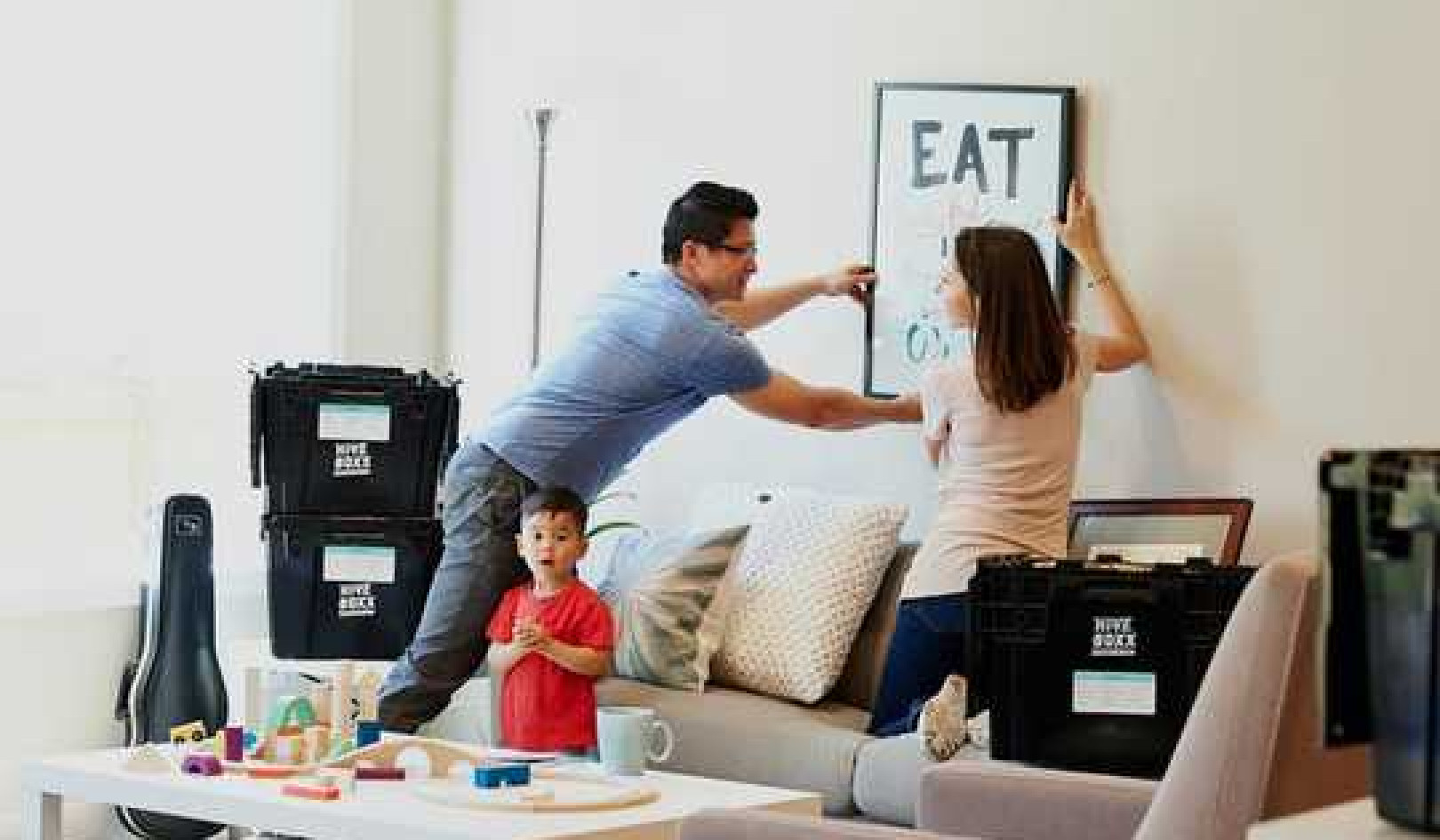
It is easier to build strong children
than to repair broken men.
— FREDERICK DOUGLASS
Years ago I was driving my son to school when another parent, headed for the same destination, had a diabetic seizure. Realizing that his unconscious mother would not be able to prevent the car from careening out of control, her eleven-year-old son unhooked his seat belt and attempted to steer the car to safety. When he realized that he couldn’t figure out what to do, he frantically belted himself back in just seconds before their Suburban hit four cars — including ours. His mother woke up when she crashed into a guardrail. Thankfully, none of the eleven people involved in the accident was badly hurt.
Children are meant to be passengers. They aren’t equipped to drive a car or sail a ship through storms — and they know it. But when no one is in the driver’s seat, they instinctively try to take over. They don’t want to be in charge; it’s just that they know somebody has to be, because they understand that life is not safe unless someone competent is behind the wheel.
Captain, Lawyer, Dictator
In my book Parenting Without Power Struggles, I described three ways that parents can engage with their children: being confidently and calmly in charge, negotiating for power, or fighting their child for control.
Parents who are calmly and confidently in charge as the Captain of the ship come across as clear, loving, and capable of making good decisions on behalf of their children — even if those decisions upset their kids because they can’t have what they want. When we are captaining the ship, we are responsively flexible, choosing how we engage with our child during one of his storms rather than reflexively reacting based on triggered behaviors we inherited from our own upbringing.
Here is a brief example. Your thirteen-year-old asks if she can go to a party where the only supervision will be an older sister who is not known for her good judgment.
MOM: “Honey, I know you want to go, but unfortunately, I don’t feel it’s a good idea.”
DAUGHTER: “Please, Mom? I promise nothing bad will happen.”
MOM: “Oh, sweetheart. I know it doesn’t seem fair, and I know how much you want to go, but I’m afraid not.”
Mom is being the Captain, demonstrating empathy and kindness while remaining decisive and clear. Depending on how accustomed your child is to you changing your mind or waffling, she may attempt to draw you into the next way of interacting.
When parents engage in quarrels, power struggles, and negotiations with their kids, no one is in charge. I call this mode the Two Lawyers. Kids push against their parents, parents push against their kids, and the relationship is fraught with tension and resentment. Here’s an example:
DAUGHTER: “Mom, you treat me like I’m a two-year-old. You never trust me!”
MOM: “You’re never happy unless you get what you want! Carey’s sister is immature, and I don’t trust her to keep an eye on you guys. She’ll probably just have a party of her own! In fact, last year I heard that she...” Mom argues for her position, and her child argues right back.
DAUGHTER: “That’s so not true! She was blamed for smoking pot in the school bathroom, but she wasn’t even smoking! She just happened to be there when those other girls were doing it!”
These kind of parent-child interactions are characterized by fighting, arguing, and bargaining.
Finally, when the child is the one calling the shots, the parents feel out of control and even panicked, especially if they imagine that others are judging them for not managing their kids well. They try to restore order and control by overpowering their children with threats, bribes, or ultimatums, similar to how a tyrant or despot — having no authentic authority — asserts control through fear and intimidation. I call this mode the Dictator. Here’s an example:
DAUGHTER: “You just can’t accept that I’m not your little baby anymore. Why don’t you get a life, so you can stop trying to control mine?”
MOM: “That’s it, young lady. You never appreciate all the things we do for you. I work hard just to put food on the table, and you never even say thank you. You’re grounded!”
As you can see, this situation rapidly deteriorates, with mom quickly losing her footing and shifting from Captain to Lawyer and, finally, entering Dictator mode.
Staying in Captain mode requires that we become comfortable setting limits so that we can parent with kindness, clarity, and confidence.
Setting Limits
In my counseling practice, I often see well-meaning couples who are committed to avoiding the mistakes their own parents made, yet who confess to having a tremendous lack of confidence when it comes to handling challenging situations.
“Is it okay if I let my fourteen-year-old experiment with smoking pot? His friends are all trying it.”
“I tried to cancel my son’s World of Warcraft subscription, but he got so furious he punched a hole in the wall!”
“My kids become little terrors when we go out to eat unless I turn my cell phone over to them. Should I give in to keep the peace?”
Unsure of themselves and afraid to set limits, they convey to their children that they don’t know where they stand, or perhaps more accurately, that they are simply afraid to take a stand, lest they upset their children.
What I find interesting is that the very kids who have outbursts when they don’t get their way almost always long for their parents to create some real connection and structure. Sometimes, when I meet privately with youngsters like these, they tell me that they wish their parents weren’t so wishy-washy. And other times, they make this known simply by responding positively when someone combines limit setting with deep and secure attachment.
MAKING IT PRACTICAL: Parenting with Presence in Real Life
For my birthday last year, my son’s gift to me was a letter he had written about his childhood, thanking me for helping him grow into the man he is and is becoming. Throughout the letter, he recalled times when he was upset that I had said no to something he wanted to have or do. From his now-adult vantage point, he appreciated that I had been willing to hold my ground about what he now understood had not been in his best interests.
I can’t describe how touched I was by this letter. I remember so well the times when I had to make an unpopular decision about something he wanted. If I was on the fence, I would invite him to respectfully make a case for why my no should be a yes. Sometimes he convinced me.
But when I was certain that no was going to have to be no, regardless of my son’s anger or disappointment, I had to trust my instincts and keep my eye on the bigger picture, even when it meant letting go of those delicious smiles that I knew would be mine if I would just cave in.
I also recognized that my son — even when he was very small — was in every way my equal, on a soul level. (In fact, I frequently felt that he was the wiser one!) But I came to understand that children need someone to be a guiding, steady presence in their lives, even if it means not letting them do things they long to do — such as watching a movie that you know will give them nightmares or heading off to a party where there may be no parental supervision.
It is not easy to establish boundaries or to disappoint our kids, but perhaps like me you will come to see that it isn’t about whether or not we are spiritual equals with our children; that goes without saying. It’s about the fact that we have a duty and obligation to fully inhabit the grown-up role to the best of our ability. This might require being present with our uneasiness or discomfort about our children’s anger toward us. But we shouldn’t avoid those unpleasant feelings by abdicating the bigger need they have — for us to lovingly Captain the ship, steering them through storms as well as calm waters.
Can I Be The Captain And Still Be Fun?
Kids are programmed to enjoy life. Thank goodness! Otherwise it would be a drab and dreary world, with everyone shuffling through the tasks on their to-do list, dutifully checking things off.
Remember, a pendulum swings from one extreme to the other before it settles in the middle. It is common for it to take a little time to find your sweet spot when it comes to inhabiting the role as Captain of the ship without sacrificing the pleasure of enjoying life with your kids. In time you will become more comfortable setting limits when they are needed and appropriate, for example, when your kids want to play with matches or jump off the roof.
My recommendation is this: When faced with a decision about whether to be flexible or firm with your children, pause and check in with yourself. Tune in to what your instincts tell you is the best course of action. Trust yourself.
Stand in your Captain role with confidence. You don’t have to become your mother or come across like an army sergeant. If it’s a good day to have ice cream for breakfast or announce a Stay in Your Pajamas All Day holiday, by all means, do that!
The last thing I want is for parents to read my books and think they have to stop being goofy and lighthearted with their children. Don’t forget: although ship captains exude confidence and know how to navigate stormy seas, they also take passengers for a twirl around the dance floor!
Children remind us to play, explore, and embrace life with great passion. While you have to be the grown-up in the room with your kids, don’t ever let that put an end to filling your days with joy and fun.
©2015 by Susan Stiffelman. All Rights Reserved.
Reprinted with permission of the publisher,
New World Library, Novato, CA 94949. newworldlibrary.com.
Article Source
 Parenting with Presence: Practices for Raising Conscious, Confident, Caring Kids
Parenting with Presence: Practices for Raising Conscious, Confident, Caring Kids
by Susan Stiffelman MFT.
Click here for more info and/or to order this book.
About the Author
 Susan Stiffelman is also the author of Parenting Without Power Struggles and is the Huffington Post’s weekly “Parent Coach” advice columnist. She is a licensed marriage and family therapist, a credentialed teacher, and an international speaker. Susan is also an aspiring banjo player, a middling but determined tap-dancer, and an optimistic gardener. Diagnosed with the ADHD label, she manages to accomplish more in a week than many do in a month, while maintaining a regular meditation practice and spending serious amounts of time playing. Visit her website at www.SusanStiffelman.com.
Susan Stiffelman is also the author of Parenting Without Power Struggles and is the Huffington Post’s weekly “Parent Coach” advice columnist. She is a licensed marriage and family therapist, a credentialed teacher, and an international speaker. Susan is also an aspiring banjo player, a middling but determined tap-dancer, and an optimistic gardener. Diagnosed with the ADHD label, she manages to accomplish more in a week than many do in a month, while maintaining a regular meditation practice and spending serious amounts of time playing. Visit her website at www.SusanStiffelman.com.




























